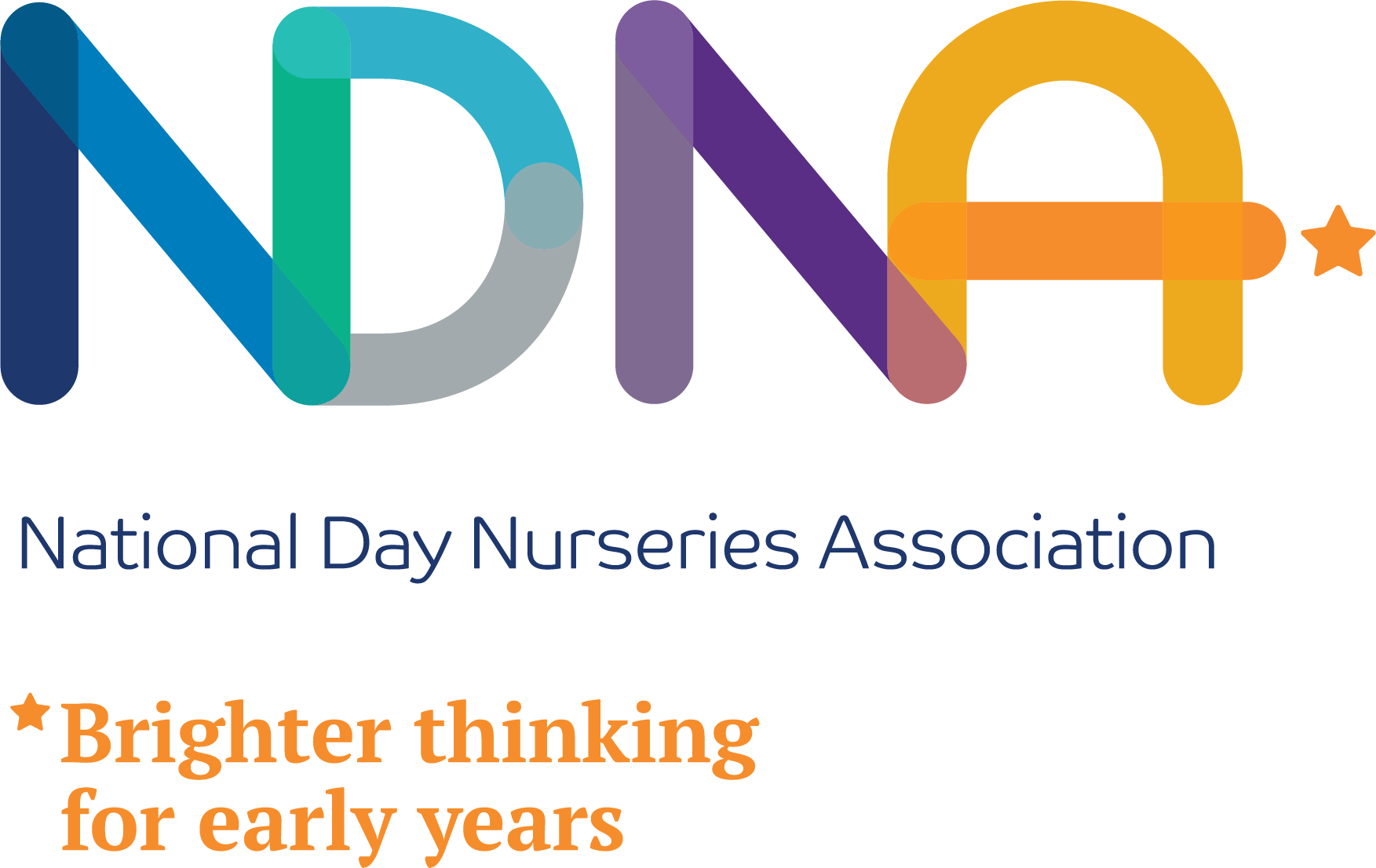Child Illnesses
We value the health of all children and we do everything we can to prevent infection when children are at nursery.
Children are encouraged to practice good hygiene and toys and equipment are regularly cleaned and sterilised.
Unfortunately, despite our best efforts, some children will pick up illnesses, many of which are contagious even before they display symptoms. Therefore, we are required to enforce exclusion periods for children suffering from certain illnesses or symptoms to reduce the risk of cross-infection within the nursery, both towards other children and employees.
Please see below some of the most common illnesses children may suffer from, noting the exclusion periods from nursery for each illness. For exclusion periods we follow the UK Health Security Agency guidance which outlines the amount of time an individual should not attend the nursery setting to reduce the risk of transmission during the infectious stage.
You can also read more by clicking on the links provided below which will take you to the NHS website.
Chickenpox
Chickenpox is common and mostly affects children, although you can get it at any age.
Symptoms
You might get symptoms before or after the spots, including:
- a high temperature above 38C
- aches and pains, and generally feeling unwell
- loss of appetite
Chickenpox is very itchy and can make children feel miserable, even if they do not have many spots. Chickenpox is usually much worse in adults.
Exclusion period
Until all the spots have crusted over (usually five days after the spots first appear).
For more information please click on the button below which will take you to the NHS website.
Conjunctivitis
Conjunctivitis is caused by a virus or bacteria and is very common in children who attend a nursery environment.
Symptoms
Symptoms may include red and watering eyes and a sticky coating on the eyelashes.
Lubricant eye drops can be purchased over-the-counter or they may be prescribed to help ease soreness and stickiness. You can also gently clean away sticky substances with cotton wool soaked in water.
Exclusion period
Until your child feels better.
Hand, foot and mouth
Hand, Food & Mouth NHS
Hand, foot and mouth is very contagious and easily spread.
Symptoms
The first signs of hand, foot and mouth disease can be:
- a sore throat
- a high temperature, above 38C
- not wanting to eat
After a few days ulcers and a rash will appear.
Exclusion period
Until symptoms have subsided and your child feels better.
Impetigo
Impetigo is a skin condition that is highly contagious.
Symptoms
Impetigo starts with red sores or blisters. They quickly burst and leave crusty, golden-brown patches.
Exclusion period
It stops being contagious:
- 48 hours after you start using the medicine your GP prescribed.
- when the patches dry out and crust over (if you do not get treatment).
Sickness & Diarrhoea
Diarrhoea and vomiting are common in adults, children and babies. The advice is the same if you have diarrhoea and vomiting together or separately.
Symptoms
In addition to diarrhoea and vomiting, children may also have stomach cramps, headaches, aching arms and legs or high temperatures.
Exclusion period
Until your child has not been sick or had diarrhoea for at least 2 days.
Slapped cheek
Slapped Cheek NHS
Slapped cheek is common in children but can affect people of all ages.
Symptoms
- a high temperature of 38C or more
- a runny nose and sore throat
- a headache and they may then develop a bright red rash on both cheeks.
Exclusion period
Until your child feels well enough to return.



